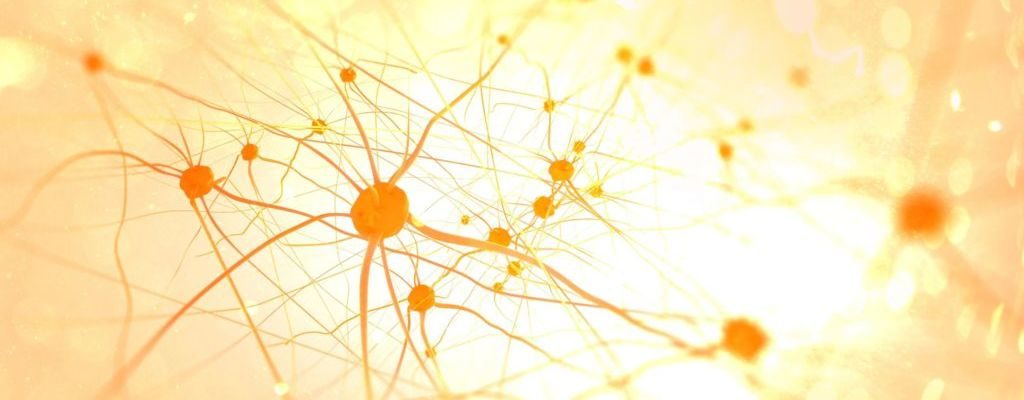Alternative treatments for ADHD have proliferated over the past 10-15 years. Neurofeedback approaches (including biofeedback and other cognitive training approaches) have been offered as alternatives to medication based treatment. However, there continues to be a lack of research to support these approaches (see other blog entries on this topic).
An article by Thibault and Raz in a recent issue of the American Psychologist, the flagship journal of the American Psychological Association provides additional evidence that alternative treatments, in this instance neurofeedback, are not effective treatments for ADHD. Moreover the authors suggest that the benefits that accrue from neurofeedback are likely derived/due to placebo effects.
In their article, “The Psychology of Neurofeedback: Clinical intervention even if applied placebo,” Thibault and Raz conduct a detailed analysis if the research on neurofeedback. They note that proponents of neurofeedback argue for its effectiveness in treating a wide range of disorders, including ADHD. However, they are highly critical of most of the studies done to date, noting that these studies are methodologically deficient and fail to demonstrate that the specific neurofeedback interventions account for reported improvements. The authors point out that studies of “sham neurofeedback”(procedures that are designed to look like neurofeedback treatments but are not targeting specific brain oscillations) show similar effectiveness as the neurofeedback interventions. Moreover, the authors raise concerns about the costs of neurofeedback treatments and conflicts of interest on the part of proponent researchers of neurofeedback (e.g., authors of studies on the benefit of neurofeedback either own practices that provide such treatment and/or sell neurofeedback equipment). Moreover, they raise concerns about the theoretical assumptions that underlie neurofeedback, that specific brain waves control complex behaviors.
The authors argue that in order to demonstrate the effectiveness of neurofeedback treatments well controlled studies are needed which control for placebo effects such as participant motivation, belief in the efficacy of the treatment, interactions with the practitioner, and positive feedback. They assert quite clearly that, to date, there is not sufficient evidence to support claims that neurofeedback is an effective treatment. These findings clearly call into question the use of neurofeedback in the treatment of ADHD.
We understand that many parents are attracted to the idea of neurofeedback treatment. This understandable given the appeal of a treatment that has no reported negative side effects which purportedly can ameliorate the underlying problems accounting for ADHD. However, the lack of solid evidence to support neurofeedback, the strong evidence supporting the role of placebo factors as accounting for its’ efficacy, the cost of such treatment and the fact that pursuing such treatments often results in not utilizing effective treatments, clearly indicate that one should not recommend neurofeedback as a treatment for ADHD.

